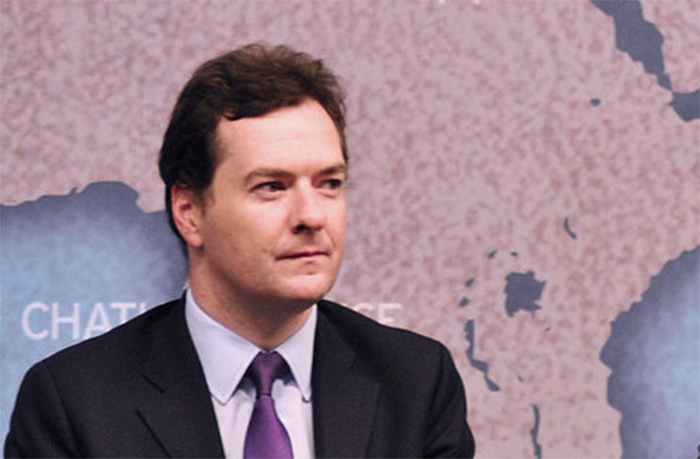
News that the Chancellor cancelled next January's planned 3p fuel duty rise was welcomed by farming associations but they said a cut was needed.
"The rate of fuel duty needs to be significantly reduced to bring down the overall cost of fuel" said Emyr Jones, President of the Farmers' Union of Wales.
"The high cost of fuel, including red diesel, has a serious impact on agriculture and the wider rural economy, especially from increased fertiliser costs."
British Fluid Power Association (BFPA) director, Ian Morris, said: "Whether UK businesses or the general public like it or not, the fact is we all continue to be saddled with a very formidable budget deficit, which frankly can only be reduced through the most prudent and careful steering of available funds."
Analysing the Chancellor's statement, Sean McCann of NFU Mutual said with growth well below forecast figures, and government borrowing increasing, rural businesses will come under 'more pressure' as a result of the new measures.
"While scrapping the planned 3p a litre fuel duty will help, reductions in the amount people can invest in pensions will restrict opportunities for farmers to save for their retirement. However, there is an opportunity before 2014 to make the most of tax efficient savings for retirement" he said.
There will be a temporary two-year increase in the annual investment allowance and a 1% cut in Corporation Tax.
The Inheritance Tax threshold will increase from 2015 – but only by 1% - so the opportunity to pass on assets to the next generation free of tax is still being eroded by inflation.
Emyr Jones said: "There is also less competition between fuel suppliers and many people living in rural towns and villages are facing higher prices at the pump.
"We are very concerned that, with this winter looking like being a long and difficult one, the cost of moving our animals and of the food that travels around the country will all go up. Everything needs fuel so everything will increase in price.
"All those costs will eventually work their way back to the farmer so, although we are relieved that next month's fuel duty increase has been cancelled, we will still be campaigning actively for an actual cut in fuel duty."
NFU chief economist Phil Bicknell said: "The relief will benefit farmers, given that farming is a primary industry that has to continually invest in plant and machinery. Advancing tax relief helps with cash flow and funding, ultimately supporting investment across farming sectors."
"This move will pay dividends. We firmly believe that one of the key drivers to help push the economy forward is investment in new technology, which in turn will increase productivity and efficiency."
"As ever, the devil is in the detail."
"We will study all relevant announcements in greater depth as they become available, and assess the full impact of the Chancellor’s plans on agriculture. For the time being, the fact that Government has taken this step to increase the annual investment allowance appears to be the key headline from a farming perspective."
The Chancellor's decision to increase the Annual Investment Allowance for plant and machinery 10-fold ferom £25,000 to £250,00 was welcomed by the Country, Land and Business Association and the NFU.
CLA President Harry Cotterell said: "This means farmers will be able to claim 100 percent capital allowances against their earnings on up to a quarter of a million pounds of equipment a year, for the two years from January 2013."
"This could kick-start investment in farm machinery, renewable energy projects and other diversified rural businesses."
Cotterell said he was disappointed the Government continues to fail to recognise that many small rural businesses are not incorporated.
"The Chancellor’s reduction in the Corporation Tax rate to 21 percent is of no use to a sole trader or partnership, the favoured business structures in the countryside."
"We welcome the introduction of the simpler system of cash-based accounting although the ceiling of £77,000 turnover means that it will be of little use. However, if the threshold were increased, it could be an excellent scheme and make a real difference to rural businesses."
"The £10billion support provided to the institutional sector to deliver new house building will not assist rural areas because it will focus on big projects not the small-scale developments needed in rural areas."
Cotterell said the Chancellor does not appear to have done anything in his Autumn Statement to help the owners of existing empty business premises, despite the CLA and others making him aware of their plight.
